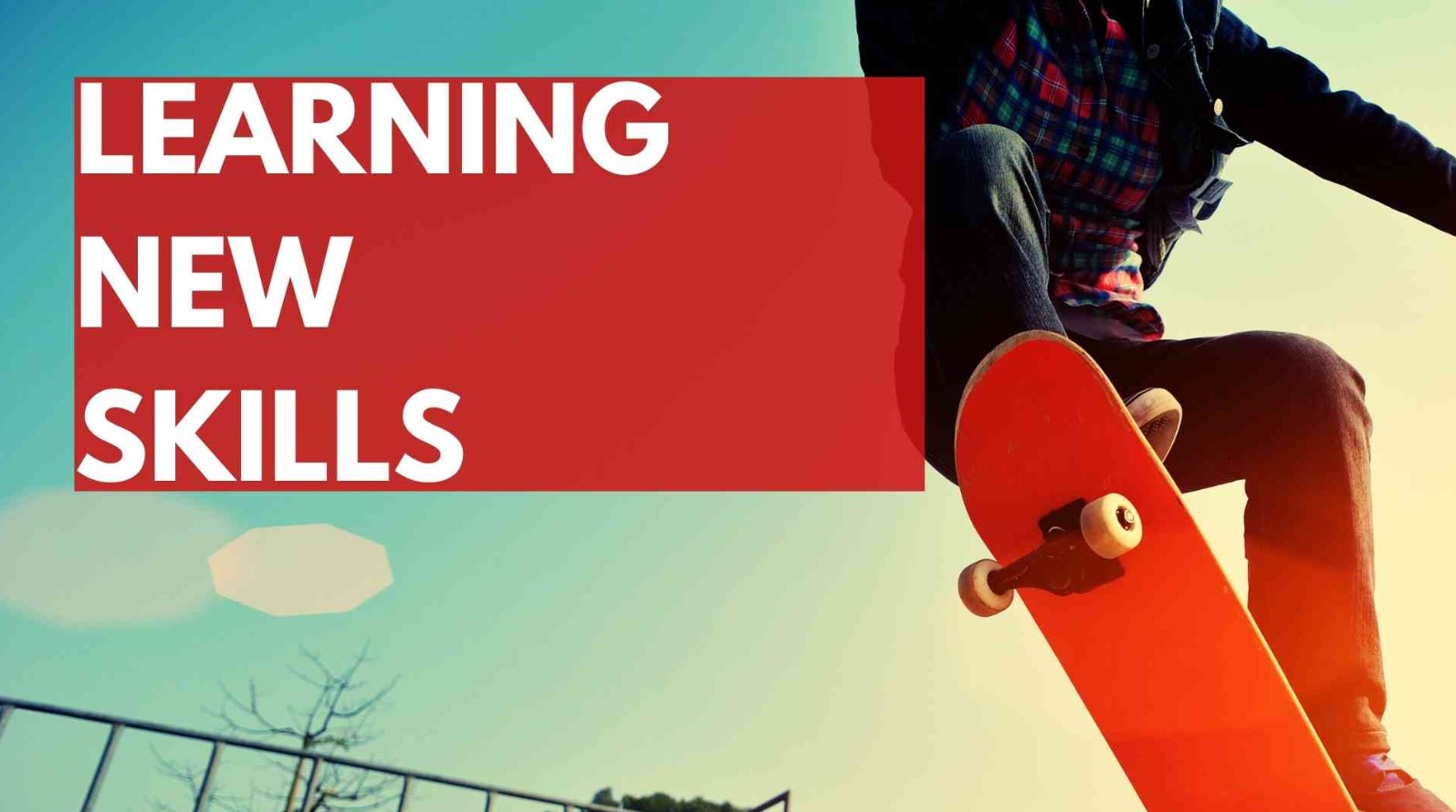18 Ways to Learn New Skills Faster


Learning new skills has become an essential part of personal and professional growth. However, with the pace of life speeding up, we all want to pick up new skills quickly and effectively. Thankfully, with certain strategies and techniques, you can accelerate your learning and master new skills more efficiently. Here are 18 ways to learn new skills faster and maximize your potential for growth.
Why Learning New Skills Quickly Matters
In today’s fast-paced world, adaptability is essential. Learning new skills at a faster pace allows you to stay competitive, improve career opportunities, and even explore new hobbies or interests more effectively. By mastering techniques that enhance your ability to learn, you make the process not only quicker but also more enjoyable.
Setting clear goals is the foundation of faster learning. When you know exactly what you want to achieve, you’re better equipped to focus and structure your learning process.
Focused practice, also known as deliberate practice, emphasizes practicing with intention. Rather than just performing the skill, you concentrate on improving specific areas.
To learn efficiently, start by mastering the fundamentals. Building a strong foundation enables you to learn more complex parts of the skill more effectively.
Regular practice is one of the most effective ways to learn quickly. Consistency reinforces learning, improving memory retention and building muscle memory for physical skills.
Visualization can be a powerful tool for accelerating learning, especially for skills that require physical coordination or complex processes.
Taking breaks is essential for learning effectively. Studies show that our brain absorbs information better with brief breaks, which helps combat mental fatigue and boosts productivity.
Teaching is one of the most effective ways to reinforce your understanding of a skill. When you explain a concept to others, you process the information more deeply.
Mnemonics and memory aids can make learning new information easier and faster, especially for memorizing details and sequences.
Memorization has its limits, and focusing solely on memorizing can make learning ineffective. Instead, strive to understand how and why things work.
Tackling a skill all at once can be overwhelming. Instead, break it down into smaller components, mastering one piece at a time.
A distraction-free and supportive environment can drastically improve the speed and quality of learning. Find a space where you can concentrate fully.
In today’s digital age, countless resources and tools are available to make learning more accessible. Apps, videos, and online platforms can supplement traditional methods.
Tracking your progress and celebrating small wins can help maintain motivation, which is crucial when learning new skills.
Putting your new skills to use in real-life situations enhances retention and boosts confidence. Practice is most effective when it closely resembles the final application.
Multitasking often leads to lower productivity and hinders learning. When you focus solely on one task, your brain can process information more efficiently.
Learning alongside others who share your interest or are experts can significantly accelerate your learning curve.
Mistakes are an inevitable part of the learning process. Instead of getting discouraged, view each error as an opportunity to improve.
A growth mindset — the belief that abilities can be developed through hard work and learning — is critical for mastering new skills quickly.
Mastering a new skill doesn’t have to be a slow, daunting task. By implementing these 18 ways to learn a new skill faster, you can optimize your learning process, making it more enjoyable and productive. With clear goals, deliberate practice, visualization, and the use of modern tools, learning becomes both an efficient and rewarding journey. By breaking down skills, tracking progress, and embracing feedback, you build a foundation for continuous improvement, helping you thrive in any area you choose to explore.
Frequently Asked Questions
What is the fastest way to learn a new skill?
Utilizing focused practice, setting clear goals, and consistently practicing daily can accelerate skill acquisition.
How do breaks improve learning speed?
Frequent breaks reduce mental fatigue, allowing you to retain information better and stay motivated during longer sessions.
What role does visualization play in learning?
Visualization prepares your brain for practice by simulating the actual performance, aiding in both understanding and retention.
Why is a growth mindset important in learning?
A growth mindset fosters resilience, encouraging you to view challenges as learning opportunities rather than setbacks.
How can I keep myself motivated when learning a new skill?
Setting small, achievable goals and celebrating progress can boost motivation. Engaging in real-life applications also makes learning more enjoyable.
What is the Feynman Technique, and how does it help?
The Feynman Technique involves explaining a concept in simple terms, which solidifies understanding and highlights knowledge gaps.